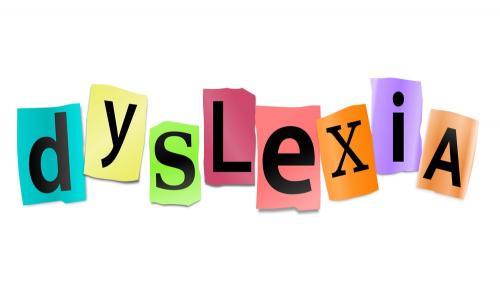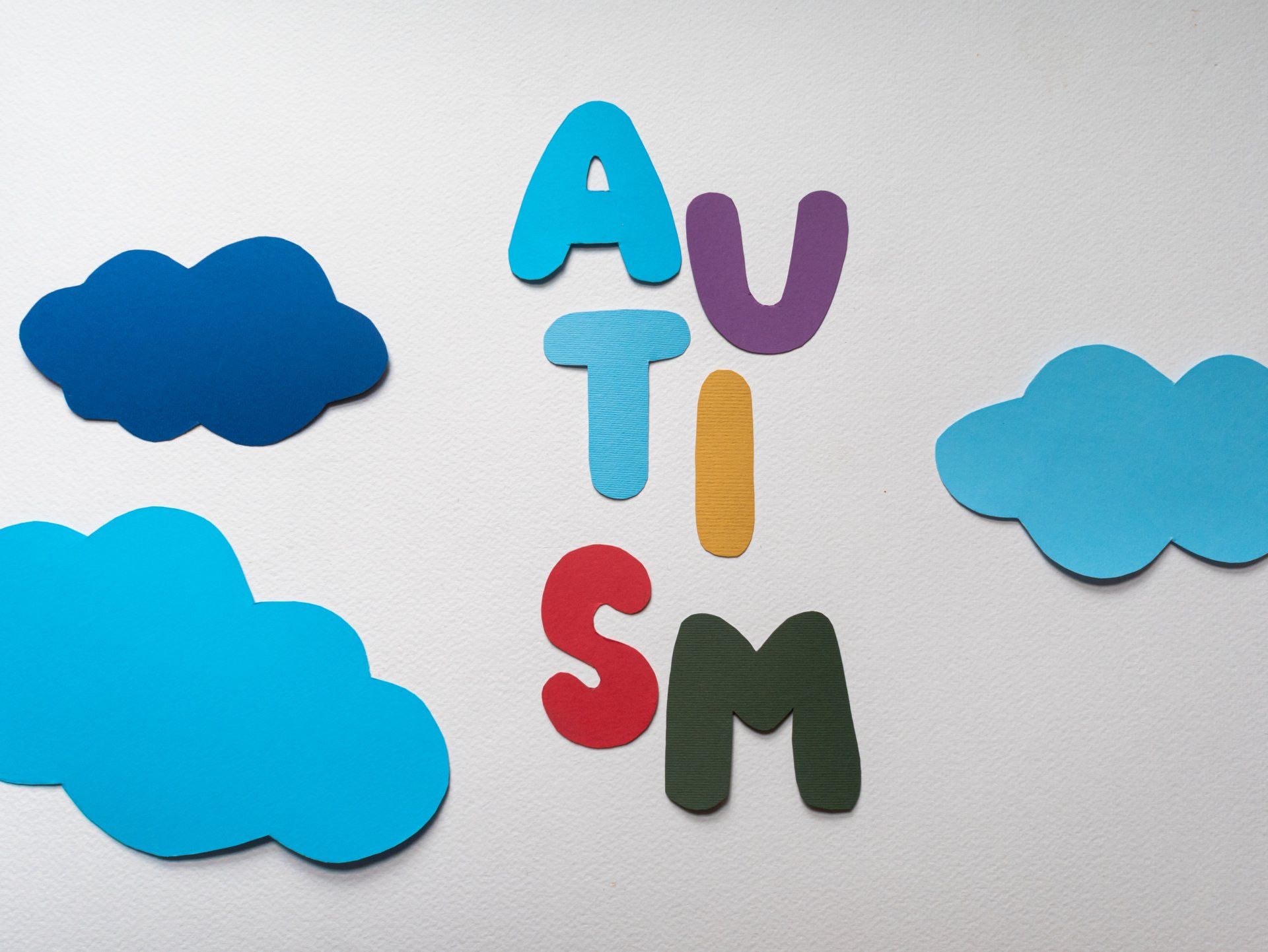
A person with ADHD can become easily irritated or distracted by noise, forget what they are doing, drift off in the middle of a conversation; and are often accused of talking excessively and/or blurting things out. In addition to these challenging behaviours, ADHD effects the sufferer’s mental and intellectual function, impulse control, memory retention, time management skills, cognitive flexibility, problem solving skills; and the ability to sequence a series of steps. Most of these behaviours and symptoms impact on classroom learning and academic outcomes. Because each ADHD sufferer is unique, each person presents with a different combination of symptoms; therefore, it is important to note that there is no single programme, practise or intervention that will work for all children. There is no “one size fits all” programme. There are however, effective strategies that can be put into place, which consider the individuality of the child. Thus, a good teacher will identify when and why the child is acting out or daydreaming; and put in place a clear and effective individual education plan (IEP) that differentiates instruction for the specific child. This IEP is based on the child’s strengths, weaknesses, and preferred learning style. The teacher will then outline how these strategies will be utilised in lessons, in a step by step format. When beginning a new unit of work, a good teacher will begin with clear, concise academic instruction that includes: Connecting the current lesson to the previous one by providing linear instruction, thereby enabling the child to link this lesson to the previous one. Clear introduction to the new lesson, giving an overview of the topic, helping the child to get an overview of “the big picture”., using visual aids wherever possible. Clear behavioural expectations should be set, i.e. ‘you may talk quietly…’ Clearly outline all the materials required for the activity, writing a list on the board. Keep instructions concise, using the least words possible. During the lesson, the teacher can use ‘private discreet prompts’ to help the child to stay on task. In the home, ADHD children function much better in an organised structure that is predictable, with clear boundaries. Children are less likely to act out when they have a routine and when things can be located easily. ADHD children need to engage in more physical activity and less screen time; especially around bedtime, as the ‘blue-light’ of screen-time will make them more hyperactive, so they don’t settle well. Reading a favourite book 30 minutes before bed will help the child to settle. In addition, ADHD children need help with planning and moving between tasks. Giving a 5-10 minute warning of a planned change, will help them to cognitively plan and practically take steps to end what they are doing, and to transition into the next task. Below are a few additional strategies that may help: Have a time table that outlines the day’s activities. Organise school uniform and bag the night before. Use a lot of positive reinforcement. Ensure eye contact when giving instructions Check for understanding - have child repeat instructions Parents, be involved with your school and make sure your child is getting the education they deserve. No-one else is going to fight for your child like you. Questions to ask include: Please explain ---- How are you differentiating the curriculum for my child? Have you devised an IEP for him/her? Can I have a regular update on his/her performance? Is there anything I can do to help? REFERENCES: Understood: https://www.understood.org/en/learning-attention-issues/child-learning-disabilities/add-adhd/what-teachers-see-how-adhd-impacts-learning-in-grade-school Loe, I.M. & Feldman, H.M (2007) Academic and Educational Outcomes of Children With ADHD, Journal of Paediatric Psychology: http://jpepsy.oxfordjournals.org/content/32/6/643.full Child Development Institute (2015): https://www2.ed.gov/rschstat/research/pubs/adhd/adhd-teaching-2006.pdf



